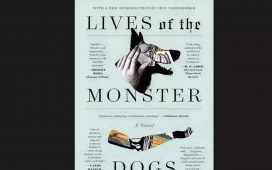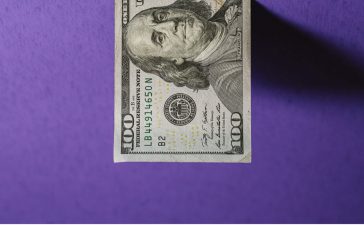
I meet the boy who delivers groceries. He tells me about a YouTube video where he has seen Lalu Prasad cook mutton curry for Rahul Gandhi. He says he likes to cook mutton curry, too. He stays with four other boys from Bihar and Uttarakhand. The boys from Uttarakhand are better cooks, he says. They know how to make round, thick rotis, which can soak up the mutton gravy.
Cooking mutton curry has always been a masculine ritual in India. Men who would otherwise only deign to admit they can boil water for tea will proudly admit they can cook a wonderfully succulent mutton stew on a winter afternoon. Memories of picnics by the banks of the Ganga come bubbling up. Men sitting around in chairs, stirring a degchi of mutton curry for hours, with glasses of Golden Eagle beer in hand. Mutton, with its association with Kali, also has a religious sanction for Hindus, if not always flavour.
The air is cool, and the scent of bela flowers is in the air. On the road, there are other walkers. Some in pairs, some with their dogs. There is Babur, a friendly black Labrador mix, whose human, a Sikh gentleman, is addicted to Johnny Cash ballads. Further ahead, I can spot Laila, a magnificent double-coat Alsatian, about to do her job on a taxi tyre. The driver does not try to remonstrate with Laila’s dogwalker. I have seen the same driver threaten the dogwalker when Dollar, an exuberant Indie mix, urinated on the other tyre.
I walk at a faster clip to make the sweat break out. Also, I wish to cross this stretch of the slip road faster as I had seen a yellow-and-green speckled serpent disappear into the nursery. I do not like snakes. But I do like dogs. I wonder whether I would meet Bogie. Bogie is a Beagle, about a year old and supremely inquisitive. He might grow up to be a literary novelist. He must sniff, lick, and dig everything in his path. Bogie’s human has a vintage Sinead O’Connor haircut and wears white chikan kurtis over olive cotton track pants. She probably does something artistic like retro cricket vlogging or runs a craft beer cafe in Galleria market.
Bogie behaves like a gangster. When he was six months old, he tried to intimidate Laila with his low, deep growls. Laila, irritated, had given a short bark and crossed the road to investigate an old tyre. Bogie does not know how small he is. He thinks he is larger than a Great Dane. When Bogie runs over and looks at you, tilting his fine head to one side, it appears as if he is glancing at you from under a Fedora, one eyebrow arched in menace. Instead of handing over my wallet, I picked him up and sniffed at him the first time he had done that to me. Bogie and I became friends soon after. In 25 minutes, I reach Bakhtawar Chowk. There is a tea cart parked by the side, which also sells biscuits, crisps, and cigarettes. I buy a Gold Flake King Size and light it up. I then walk back briskly with the cigarette in my mouth. I have always believed that one good deed should be balanced by a dodgy one. As TS Eliot advised, one shouldn’t lose one’s negative capability ever.
On the way back near the nursery, I do not find the serpent. But Laila is sitting by the water tap waiting for Bogie. The dogwalker is looking at his mobile phone. As I pass her by, Laila thumps her tail on the ground once, and I tell her, ‘Tomorrow is another day.’
The writer is author of The Time of the Peacock











